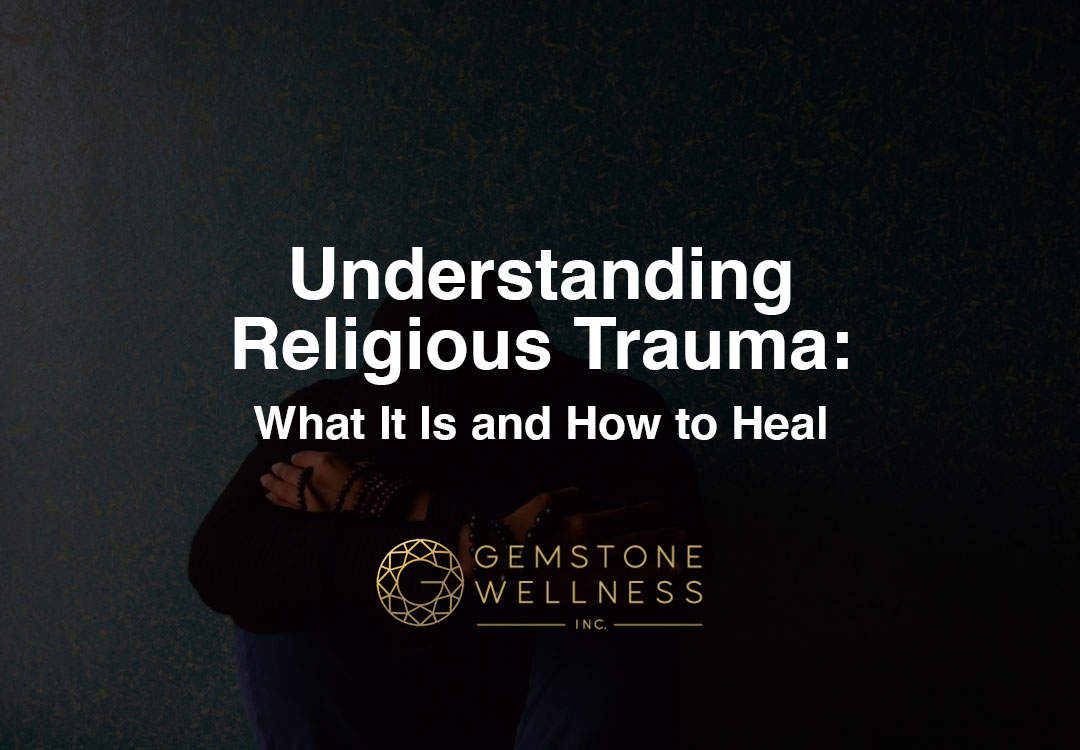Religion has played a significant role in shaping societies and providing individuals with a sense of purpose, morality, and community. However, it is important to acknowledge that while religion can offer valuable guidance, it can also have a harmful impact on some individuals, leading to a phenomenon known as religious trauma. In this blog post, we will explore the prevalence rates and impact of religious trauma, while maintaining a respectful voice for religion and its positive aspects.
Defining Religious Trauma
Religious trauma refers to the psychological and emotional distress experienced by individuals due to their involvement in a religious or spiritual system. It occurs when religious beliefs, practices, or teachings lead to significant negative consequences for one’s well-being and sense of self. This trauma can arise from a variety of factors, including rigid dogma, oppressive hierarchies, sexual abuse, forced conformity, and the erasure of identities not accepted within the religious institution.
Prevalence Rates and Impact
Religious trauma is more common than one might think, and its impact can be profound. Many individuals who have experienced religious trauma struggle with symptoms of anxiety, depression, guilt, shame, and self-doubt. They may feel conflicted between their personal beliefs and the teachings of their religious community, leading to a deep sense of cognitive dissonance and emotional distress.
Research on the prevalence rates of religious trauma is still emerging, but preliminary studies suggest that it affects a significant portion of the population. It is important to note that religious trauma can occur across different faith traditions and is not exclusive to any specific religion. The impact of religious trauma can extend to various areas of an individual’s life, including their relationships, self-esteem, and overall mental well-being.
Therapy for Overcoming Religious Trauma
Fortunately, therapy can be a valuable resource for individuals who have experienced religious trauma. It provides a safe and non-judgmental space for exploring the impact of religious beliefs and practices on one’s life, while also working towards healing and growth. It is crucial to understand that therapy is not aimed at criticizing or removing religion or spirituality from a person’s life, but rather at addressing the harmful aspects and fostering personal empowerment.
Therapeutic approaches such as trauma-focused therapy, cognitive-behavioral therapy (CBT), and acceptance and commitment therapy (ACT) can be effective in helping individuals overcome religious trauma. These approaches assist clients in identifying and challenging negative belief systems, developing healthy coping strategies, and cultivating self-compassion. Through therapy, individuals can gain a deeper understanding of how their religious experiences have impacted their sense of self and identity.
Healing and Integration
The goal of therapy for religious trauma is to support clients in healing and integrating their religious experiences into their personal narratives in a way that promotes self-acceptance and well-being. This process involves acknowledging the positive aspects of their religious or spiritual beliefs while also recognizing and addressing the harmful elements that have caused distress.
Therapy provides individuals with the tools to navigate the complexities of their religious trauma, fostering resilience and empowering them to redefine their relationship with their faith or spirituality. It encourages individuals to reclaim their autonomy, embrace critical thinking, and establish boundaries within religious or spiritual communities.
Religious trauma is a real and impactful experience that affects many individuals across different religious backgrounds. While religion can provide guidance, meaning, and community, it is essential to acknowledge and address the harmful aspects that can lead to trauma. Therapy serves as a valuable resource for individuals seeking healing from religious trauma, offering a respectful and supportive space to explore and integrate their experiences. By working with a compassionate therapist, individuals can begin to heal, restore their sense of self, and forge a path towards a healthier and more authentic relationship with their faith or spirituality.

